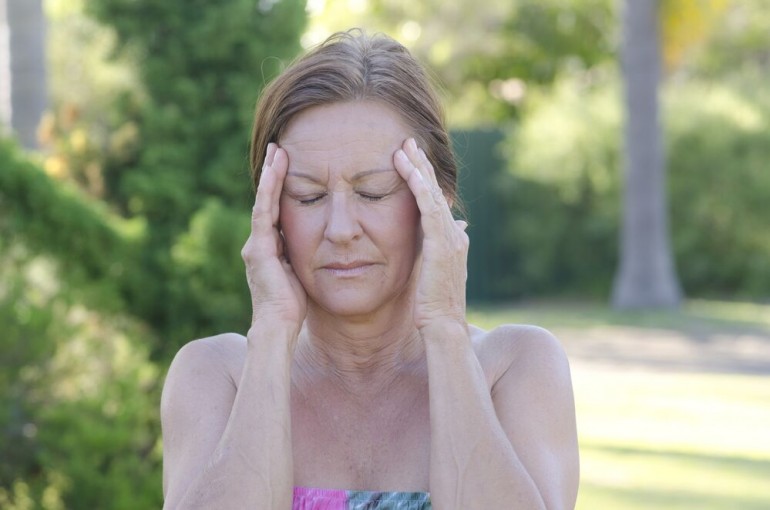
You may be surprised by how you will feel once hormones are stopped
Whether or not to take estrogen and hormones in general is a big decision that I discuss in great detail in a recent free training I’ve developed called Navigating the Change. And stopping hormone replacement therapy (HRT) is almost as big a decision. What should you expect and how will you feel afterward? An April 2015 article in the journal Menopause studied these questions and you need to know the findings.
Whether or not to take estrogen and hormones in general is a big decision.
After stopping HT, over 90% of women started having hot flashes again; in two thirds, the hot flashes were quite severe. And of those women, 90% tried at least one complementary or alternative medicine (CAM) to help control their hot flashes. Those included herbal preparations and other over-the-counter options, behavioral, and lifestyle approaches. Others tried non-estrogen prescriptions.
Here are the answers to questions you might be having:
1. Who is more likely to get her hot flashes back?
If you are a woman who had hot flashes before you started hormone therapy or you starting taking hormones specifically for hot flashes, you are more likely to get them back. Smokers are also more likely to get their hot flashes back
2. When are hot flashes likely to restart?
They tend to start within a month of stopping the estrogen. It’s helpful to keep a diary of your symptoms. Over half of women have no symptoms by 3 years after stopping treatment and another third have only mild symptoms.
3. Is there a best way to stop taking hormones to lower the chance of returning symptoms?
Going “cold turkey” off estrogen does not seem to be better or worse than tapering off the medication according to the study. That hasn’t been my experience; I’ve found that tapering off the medication over a few months seems to work better.
4. What is the best thing to try if symptoms return after HRT is stopped?
In this study, CAM was used as the first line choice but it wasn’t very effective. Lifestyle and behavioral methods were used next with somewhat better results. In fact, there are several studies that show cognitive behavioral therapy or CBT is a very effective method in treating hot flashes. The next line of therapy was non-estrogen prescriptions such as Brisdelle. The study also showed that many doctors don’t ask about recurring symptoms or offer treatments. If you are having a problem with this, be sure to tell your doctor about it and ask for help.
5. What about symptoms other than hot flashes; do they come back?
Yes. Sleep difficulty, fatigue, negative mood, bladder issues and joint pain are also fairly common. Once again, be sure to talk about what to expect and what to do about it with your doctor.





